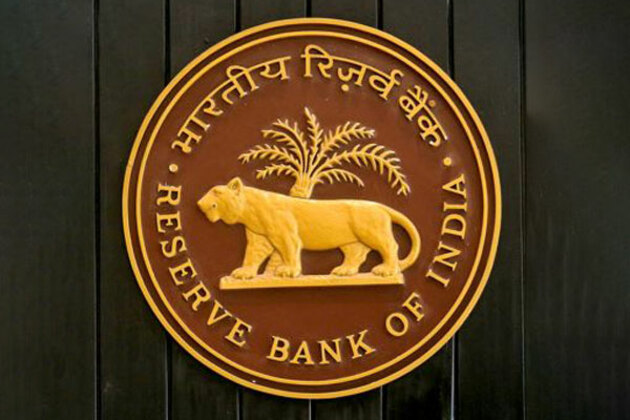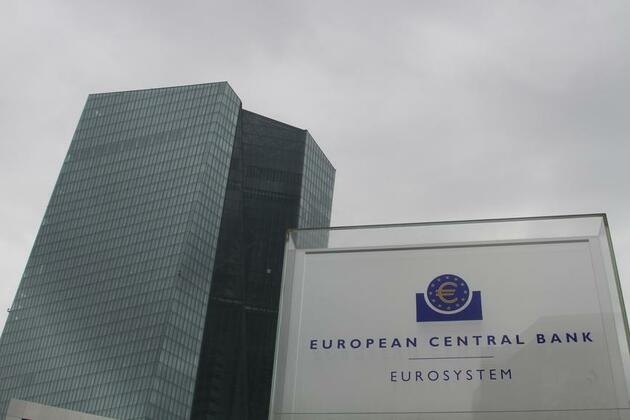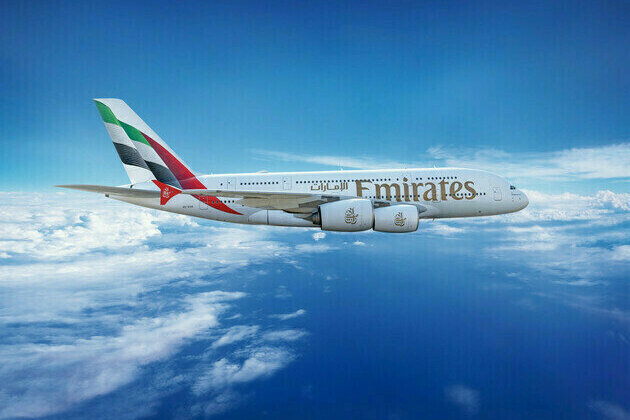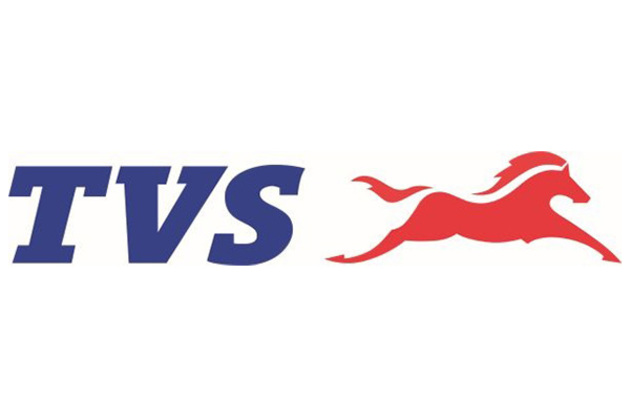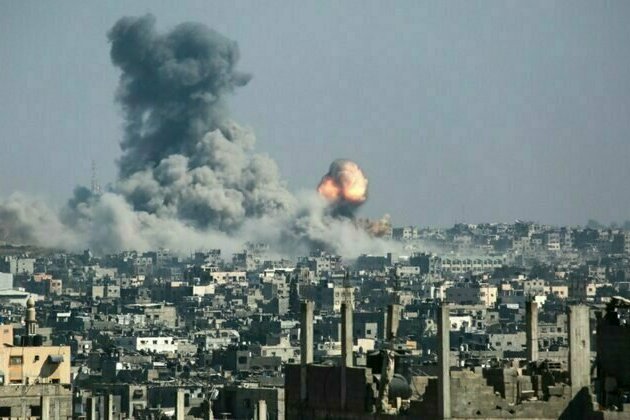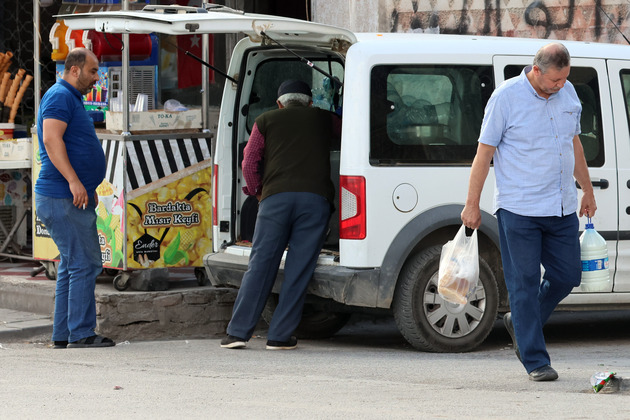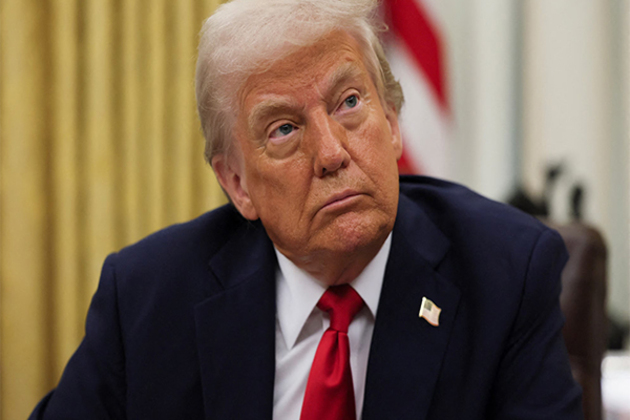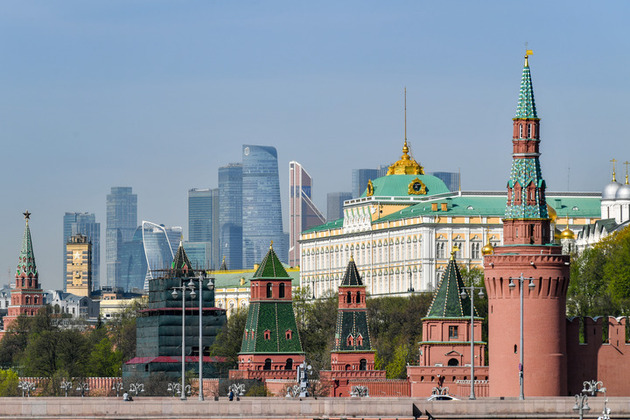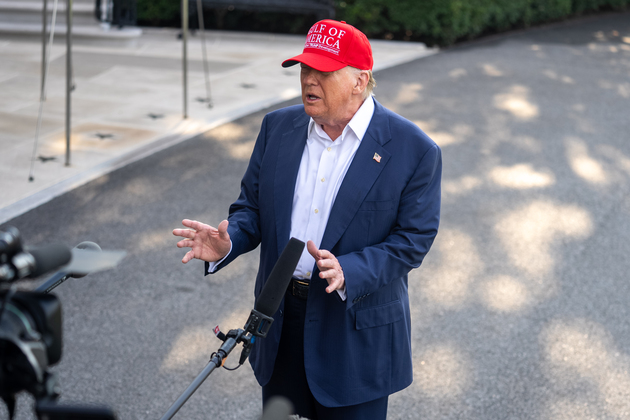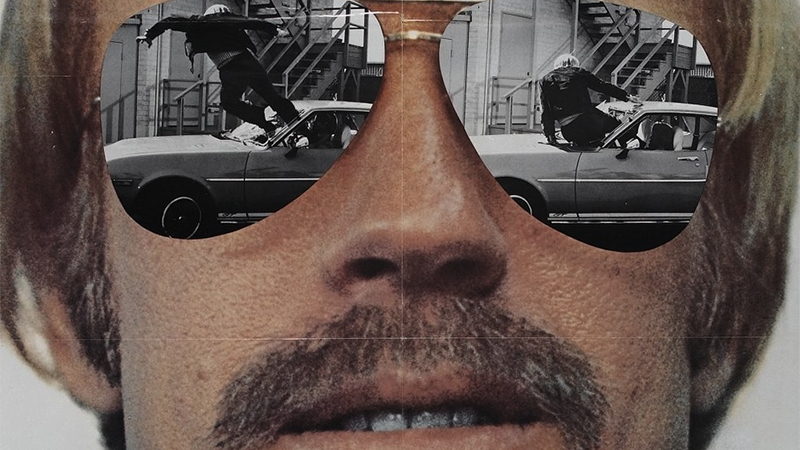Military history is repeating for Russia under Putin's regime of thieves
The Conversation
27 May 2022, 02:08 GMT+10
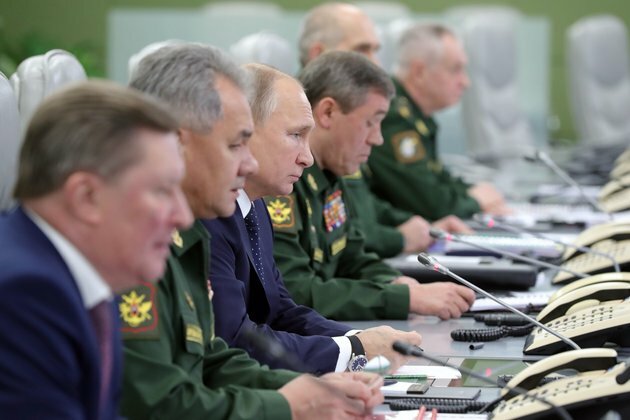
In explaining the reasons for Russia's unexpected military weakness in Ukraine, few have expressed it better than The Economist. The magazine noted "the incurable inadequacy of despotic power" and "the cheating, bribery and peculation" that is "characteristic of the entire administration".
Peculation means embezzlement. It's a word rarely used nowadays; these words were in fact published by The Economist in October 1854, when Russia was in the process of losing the Crimean War.
But they might just easily be about Russia today, under Vladimir Putin, and the mess of its invasion of its far smaller neighbour. Rarely have the pernicious effects of authoritarianism and endemic corruption been so vividly on display.
Indeed Ukraine's National Agency on Corruption Prevention has cheekily thanked Russian officials for making "it much easier to defend democratic Ukraine" by embezzling "what should have gone to the needs of the army".
How corrupt is Russia?
Of the world's 20 major economies, Russia rates the worst on corruption.
In 2021, the respected Corruption Perceptions Index compiled by anti-corruption body Transparency International scored Russia 29/100, alongside Liberia, Mali and Angola. This made it the 44th most corrupt nation on the index. (South Sudan was most corrupt, scoring 11/100, and Denmark the least corrupt, on 88/100.)
To be fair, Ukraine's score isn't much better, having gone though a similar post-Soviet privatisation process that delivered immense wealth to a few oligarchs. Its 2021 corruption score was 32/100.
But President Volodymyr Zelenskyy has made tackling corruption a central policy, and Ukraine is improving on the index - unlike Russia. Ukraine also has some clear advantages for further improvements.
The US organisation Freedom House gives Ukraine a democracy score of 39.3%, compared with 5.4% for Russia. Transparency International rates Ukraine's democratic processes as "generally free and fair". It considers efforts in recent years to tackle corruption as slow and flawed, but nonetheless genuine and substantive.
Read more: How long can Vladimir Putin hold on to power?
Russia's rule of thieves
Putin's Russia, on the hand, is described by Transparency International as a kleptocracy - a government of thieves. Putin himself is estimated to have accrued a fortune of US$200 billion, making him (unofficially) the world's second-richest man, after Elon Musk.
Putin's wealth accumulation methods are relatively straightforward. According to Bill Browder, a fund manager specialising in Russian markets, having Mikhail Khodorkovsky - then Russia's richest man - sent to prison in 2005 proved particularly fruitful:
Much of Putin's fortune is squirrelled away in foreign bank accounts and investments, as revealed by the Pandora Papers. But he also enjoys material comforts such as a palace on the Black Sea reputed to have cost about US$1 billion - paid in part out of a government program meant to improve health care.
Stealing from military budgets
Money supposed to be for Russia's military capability has also been plundered. For example, defence minister Sergei Shoigu lives in an $18 million mansion - not bad for someone supposedly on a government minister's salary.
A typical rort has been to award contracts to companies owned by cronies, who then provide shoddy products and pocket huge profits. Food and housing in the Russian military is said to worse than being in prison. Russian soldiers sent to invade Ukraine have been given rations years out of date.
This has created a "Potemkin military" - all show and little substance - according to Andrey Kozyrev, Russia's foreign minister from 1990 to 1996:
Social distrust runs deep
It should be no surprise, therefore, that Russia is a deeply distrustful society. This has been measured by global surveys such as Lloyd's Register Foundation World Risk Poll and the Edelman Trust Barometer.
This distrust has been a hallmark of the Russian military's performance in Ukraine.
Western military organisations emphasise empowering individual units to show initiative when plans go wrong. In marked contrast, the Russian military structure, like the state, is based on command and control, with little faith or trust in troops.
Read more: Equality and fairness: vaccines against this pandemic of mistrust
In particular Russia's conscription-dependent army lacks non-commissioned officers. These senior enlisted personnel train and supervise troops, and often take over leadership of smaller units in wartime.
This helps explain the high number of senior Russian generals killed on the front line in Ukraine - 12 at last count. Typically, generals manage battlefields from a safe distance. But, as a recent report from The Economist has noted:
And also put themselves within range of Ukrainian snipers and missiles.
This war, which the Russians expected would be over in days, has just entered its fourth month. It's possible the Russian military can learn from its strategic and logistical blunders, and still win the battle for the Donbas area. But, unlike many Russian officers, general corruption and general distrust remain on the battlefield.
Author: Tony Ward - Fellow in Historical Studies, The University of Melbourne 
 Share
Share
 Tweet
Tweet
 Share
Share
 Flip
Flip
 Email
Email
Watch latest videos
Subscribe and Follow
Get a daily dose of Greek Herald news through our daily email, its complimentary and keeps you fully up to date with world and business news as well.
News RELEASES
Publish news of your business, community or sports group, personnel appointments, major event and more by submitting a news release to Greek Herald.
More InformationInternational Business
SectionShell rejects claim of early merger talks with BP
LONDON, U.K.: British oil giant Shell has denied reports that it is in talks to acquire rival oil company BP. The Wall Street Journal...
Trump-backed crypto project gets $100 million boost from UAE fund
LONDON, U.K.: A little-known investment fund based in the United Arab Emirates has emerged as the most prominent public backer of U.S....
RBI appoints Kesavan Ramachandran as new Executive Director
New Delhi [India], July 2 (ANI): The Reserve Bank of India (RBI) has appointed Kesavan Ramachandran as Executive Director of RBI with...
Eurozone inflation rate reaches 2 pct in June
The inflation is driven by the price of services, which recorded a yearly inflation rate of 3.3 percent in June, up from 3.2 percent...
Emirates layers on retrofitted aircraft with latest product, including Premium Economy to more cities
DUBAI, 1st July 2025 (WAM) -- Emirates will be layering on more retrofitted Boeing 777s and Airbus A380s on its existing schedules...
TVS Motors sold record 12.77 lakh units in April-June FY26; EV sales decline amid magnets shortage
Bengaluru (Karnataka) [India], July 1 (ANI): TVS Motor Company has recorded its highest-ever quarterly sales in the first quarter of...
Mediterranean
SectionApple allows outside payment links under EU pressure
SAN FRANCISCO, California: Under pressure from European regulators, Apple has revamped its App Store policies in the EU, introducing...
Trump Urges Hamas To Accept Proposal For 60-Day Cease-Fire
US President Donald Trump urged Iran-backed Hamas militants to agree to what he called a final proposal for a 60-day cease-fire with...
TRKIYE-ANKARA-SYRIAN REFUGEES-RETURNING HOME
(250702) -- ANKARA, July 2, 2025 (Xinhua) -- Syrians shop at a local market in the Onder neighborhood of Ankara, Trkiye, on July 1,...
Israel agreed to finalise 60-day ceasefire in Gaza, says Donald Trump
Washington DC [US], July 2 (ANI): United States President Donald Trump on Tuesday (local time) said that Israel has agreed to the necessary...
Daily World Briefing, July 2
U.S. Senate passes Trump's landmark mega-bill The GOP-led Senate on Tuesday passed U.S. President Donald Trump's One Big Beautiful...
U.S.-WASHINGTON, D.C.-WHITE HOUSE-TRUMP-GAZA-CEASEFIRE
(250701) -- WASHINGTON, July 1, 2025 (Xinhua) -- U.S. President Donald Trump speaks to the press at the White House in Washington,...



